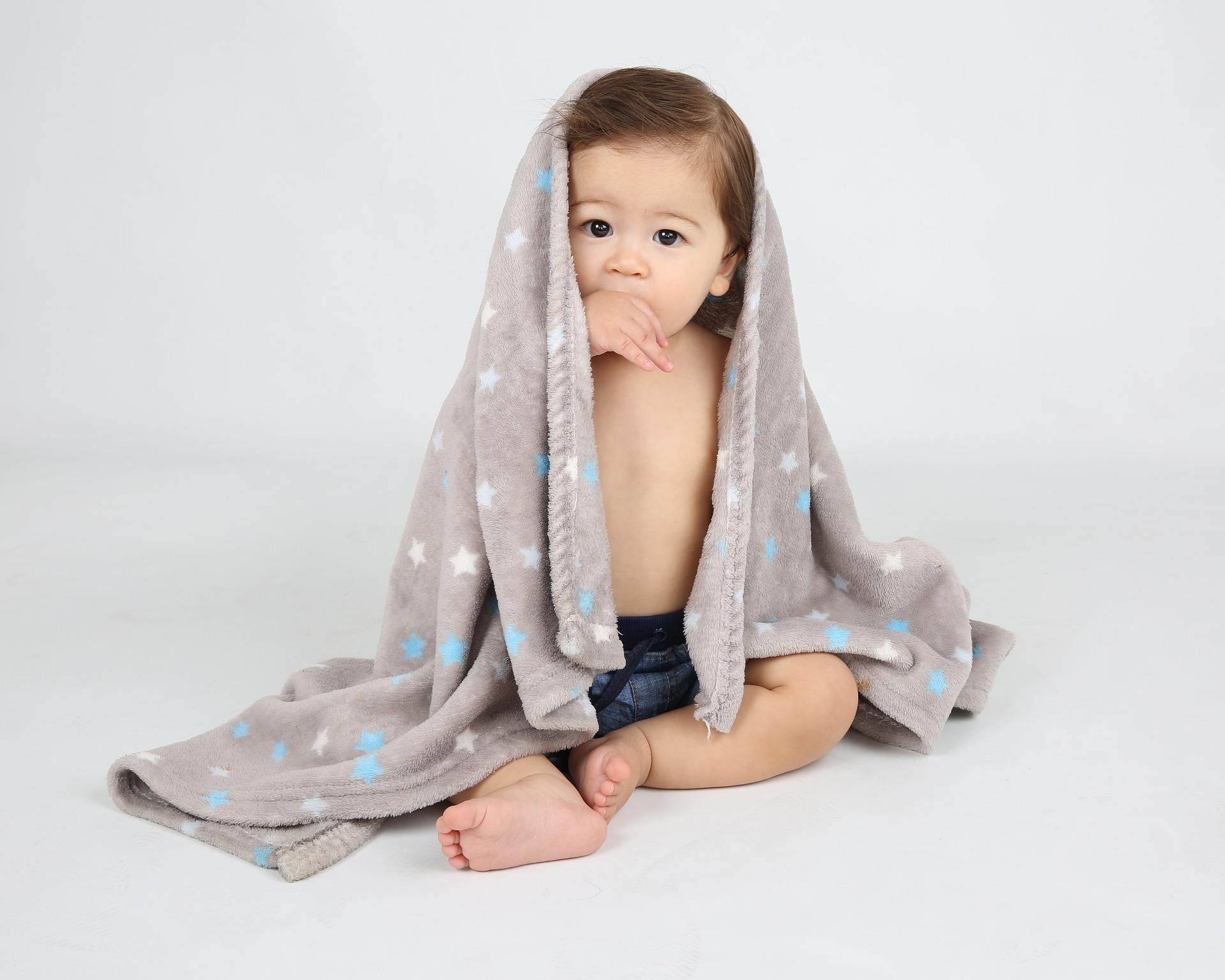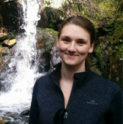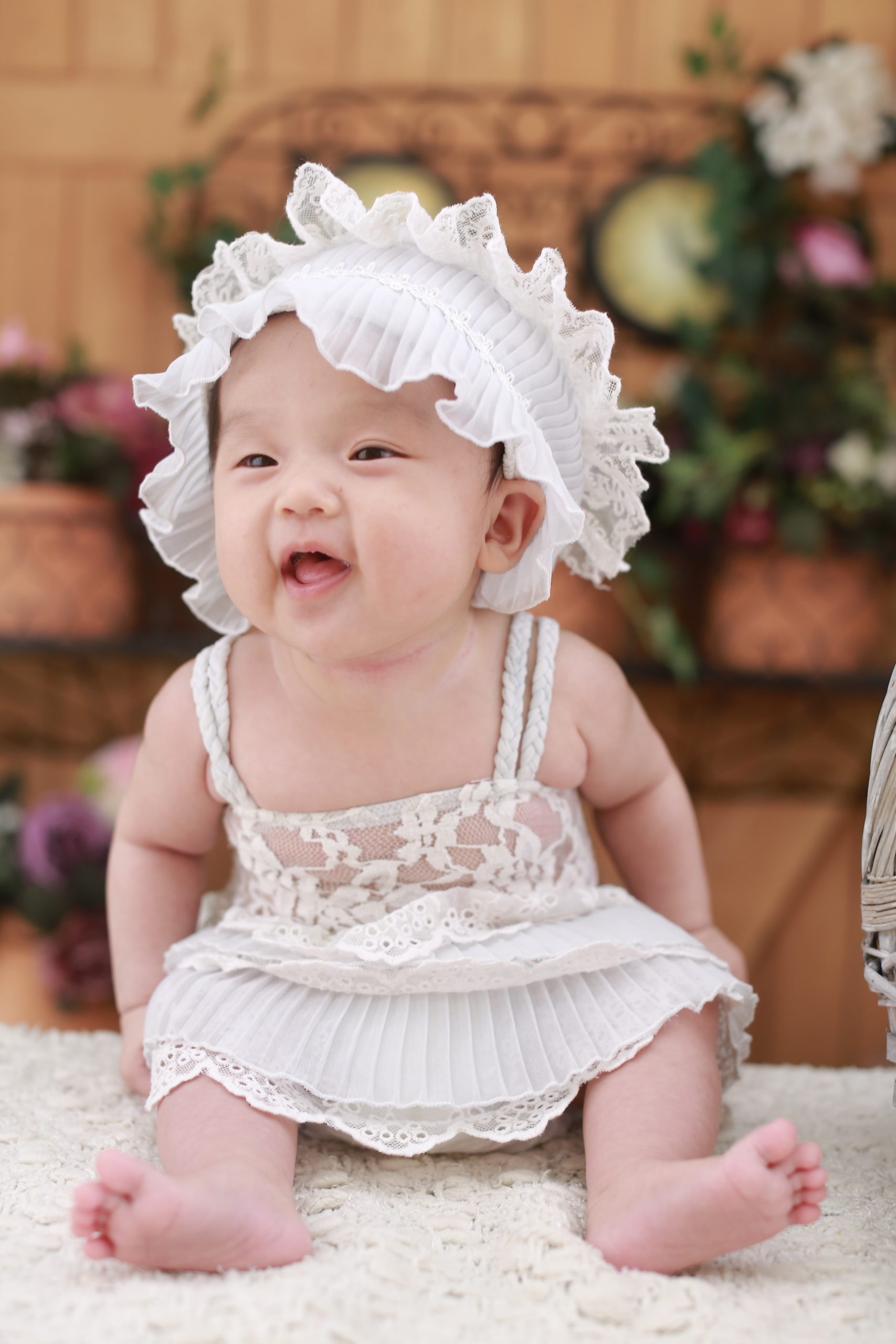Babies around the world often have similar first words – why?
Did you know that babies around the world usually have first words that are similar to each other? Many babies start talking with “mama” or “doggy,” but you would be surprised to hear a baby’s first word was “cartwheel” or “the!” Have you ever wondered why so many babies, who grow up to be very different people, start with the same few words?
Research has uncovered 3 features that make a good first word. Most first words have the following three properties:
- They are nouns
- They have easy sounds to make
- Kids hear them often
Let’s break down why each of these features matter.
They are nouns.
The first feature that matters is word class, or the grammatical category that words fall into. Across almost all of the world’s languages, greetings and nouns enter babies’ productive vocabularies first.
Greetings like “hi” and “bye” seem to be popular because they help babies participate in conversations before they know a lot of words. Greetings serve a special social purpose, but don’t help babies communicate ideas.
To talk about the world, babies need content words (like nouns, verbs, and adjectives) and function words (like prepositions and pronouns). Judith Goodman and her colleagues showed that babies around the world start saying nouns like “cat” before they start saying verbs like “throw” or function words like “of.”
This is likely because nouns usually refer to physical objects like bottles, blankets, and diapers that are often in babies’ environments. Babies can put toys in their mouths, cuddle with blankets, or throw a bottle off their high chair tray, giving them lots of sensory information about the objects.

Babies have fewer ways to explore the meanings of common verbs, since they can’t do most actions yet. Furthermore, lots of verbs refer to actions that only happen for an instant, like “hop,” or aren’t visible, like “think.”
Function words are even harder to learn since “of” and “the” don’t point to anything in the physical world.
Because of their easy-to-explore nature, most babies start talking with concrete nouns. This trend holds across languages, whether babies hear French, Hebrew, or Korean.
They have easy sounds to make.
Second, a good first word has to contain easy sound combinations. Babies have to learn how to control their tongues, lips, and breathing before they can start talking. Babbling helps them practice these skills.
Syllables like ba, pa, and ma are much easier for babies to make than other sounds, so words with those sounds are often the first entries in babies’ vocabularies. These easy sounds are in many of the world’s languages, and are usually in the words for Mama and Papa! These sounds are easy for babies because they don’t require as much tongue precision as sounds like sh or th.
Syllables with just a consonant and vowel (open syllables), are easier than syllables with a consonant at the end too (closed syllables). This pattern is why babies often say “doggy” (two open syllables) rather than “dog” (one closed syllable) and why this baby is having such a hard time with the difficult word “popsicle” (closed-open-closed: pop-si-kul) Syllables with consonant clusters like “stretch” are even more difficult, which is why “spaghetti” is such a challenge even for older children.
Kids hear them often.
The third feature that makes a good first word is frequency. This feature matters most to help us predict which nouns are learned first. Babies need to hear a word often before they can say it. Your baby’s first word will probably be something relevant to their lives and talked about regularly. This includes things around them in the world, like diapers and blankets, or caregivers like Mom and Dad.
A word’s frequency makes a really big difference in when babies start saying the word, but frequency matters a little less as babies develop more strategies for learning words. By preschool age, some kids can learn and remember a word after only hearing it once!
Even though a word’s class, sounds, and frequency make some words better contenders for first words, any word is a possibility. We can’t predict with perfect accuracy what word a baby will say first, which is part of why it’s so exciting when children start talking.
The best way to help your baby say new words is to talk to them a lot and give them lots of opportunities to hear many different words. The more babies hear, the more they learn and eventually, the more they say.

Charlotte Moore
Author
Charlotte is a PhD student in the Bergelson Lab at Duke University. She studies how babies learn words so easily when the language they hear is so complicated.
